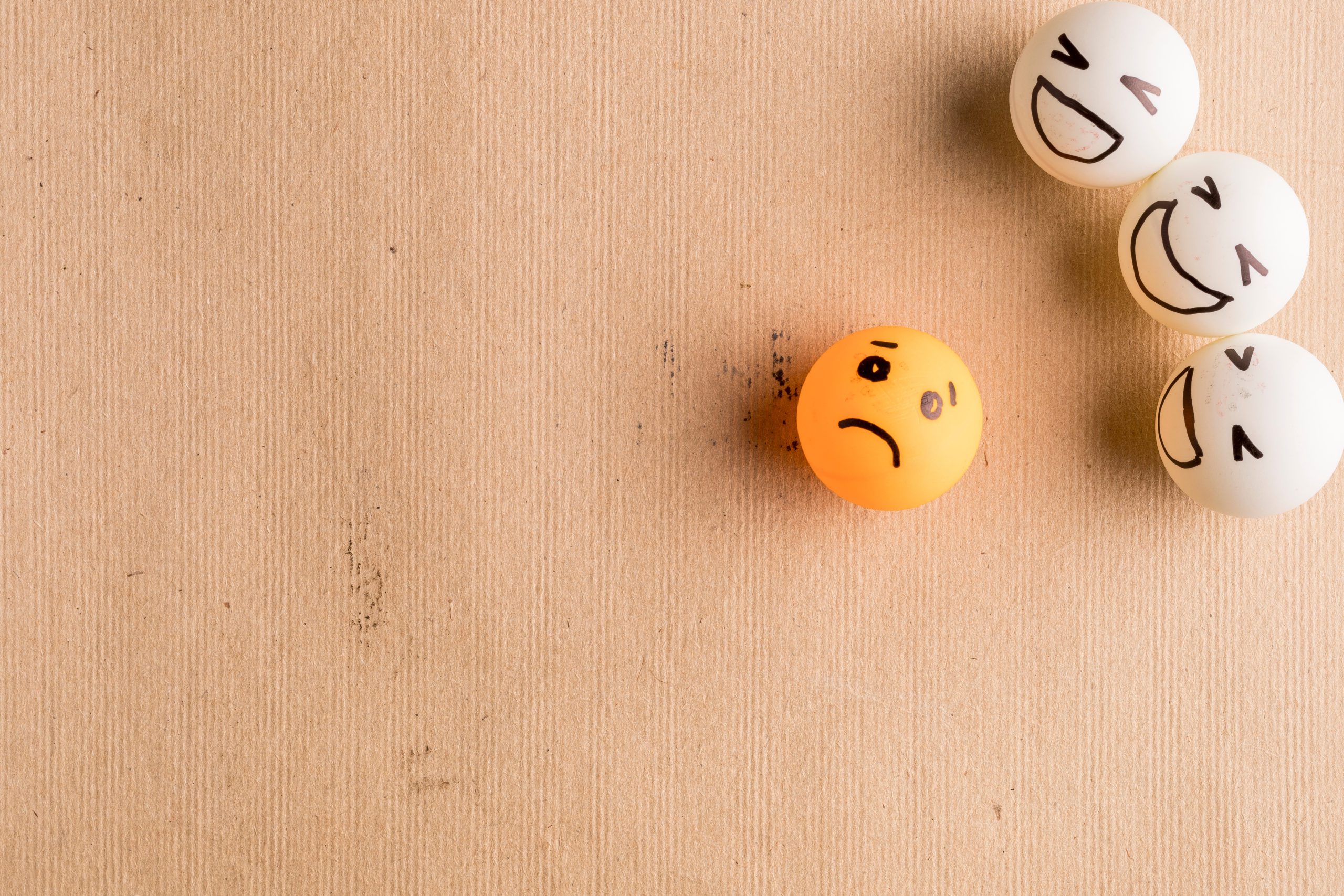
Bullying
Its features, impact, and the way forward?

“Bullying”, “harassment”, “abuse”, “violence”, “torture”…while the technical/ legal definitions of these terms vary, the common link between them is a real/ perceived imbalance of power wherein an individual or a group believes that he/ she/ they have the right to subjugate another individual/ group; undermining the latter’s right to dignity. Bullying is particularly associated with the following features: the intent to harm someone physically and/ mentally AND the repetition of such acts over a period of time. Repeatedly hurting and intimidating someone by spreading rumors, making threats, excluding from groups, calling nasty names/ labels, revealing private and sensitive information, and resorting to physical attacks are a few examples of bullying.
Come to think of it, bullying has made its way in all our spaces, physical and virtual- homes, neighbourhoods, social gatherings, workplaces, media, internet (cyber bullying). It stands to have immediate and long-term effects on all parties involved- those who get bullied, those who bully, those who witness the bullying, those who come to know of the bullying.
Those who get bullied may come to believe that they deserve it because they are not good enough to fit in or be treated well. They may suffer in silence and/ or be ignored and pushed away by the very people/ systems they pinned their hopes on. They may feel disturbed, depressed, and traumatised; living in constant fear of when will they be attacked next and how? Some attempt suicide as the pain of being bullied becomes unbearable for them. Others muster the courage to defend themselves and their right to safety. They may become more resilient. They may confide in a trusted source, report the incidents to concerned authorities, and continue their struggle for justice until achieved. Some groups such as the LGBTQ community, people with physical and/ mental illness, and people from lower socio-economic strata among others might be at a greater risk of being bullied.
Those who bully might fancy themselves as the superiors who are entitled to decide the right way of treating others (which is ironically never right!). Some are initially unaware of the fact that they’re actually bullying others. Some may realise that their behavior needs to change while others continue to bully even after being called out courtesy their need to exercise control over others. Those who bully risk being labeled as “bullies” incapable of changing for the better. Some resort to bullying as a strategy to cope with their socio-emotional concerns while others bully because they think it’s “cool” to do so and because they will either never be caught and/ or get away with it.
Witnesses of bullying include bystanders (present during the incident but do not participate in it; directly/ indirectly, intentionally or otherwise end up facilitating the act and its repetition), promoters, cheerleaders, reinforcers, or passionate supporters of anti-bullying. Witnesses and ones who only hear/ know about it from various sources can either be passive about it or engage with it actively. They may be scared of speaking up against those who bully for the fear that they could be their next target. They may avoid doing anything about it so long as it doesn’t concern them or someone they care about. They may feel driven to ensure that the one who bullied gets punished. They may want to support and strengthen those who’ve been bullied. They may start working to ensure that incidents of bullying are reduced/ eradicated for good.
If you find yourself affected by bullying from any of the four positions- getting bullied, bullying others, witnessing it, or getting to know of it, we want you to know that things can be changed for the better. Recognising and working through your fears, developing inner power through self-knowledge, cooperating and collaborating with others, all this and more is possible. Educate yourself. Allow yourself time to heal. Reach out to those you trust to support you on this journey. Reflect on your objectives ahead. Connect with a mental health professional if needed.
Just as a bullying culture can develop in any context where humans interact with one another, so can acceptance, empathy, and kindness. Bullying may mean different things to different people- a source of popularity, entertainment, revenge, trauma, a means of expressing anger, frustration, resentment… However, the experience is not bright for anyone and is far removed from every kind of beauty. It is neither normal nor something that should be ignored. Our choices and actions have the potential to facilitate bullying and also to prevent it, recognise it, fight it, heal from it. What would you like to focus your energies on?
1 Comment
Comments are closed.





Trackback: clindamicina interacciones medicamentosas